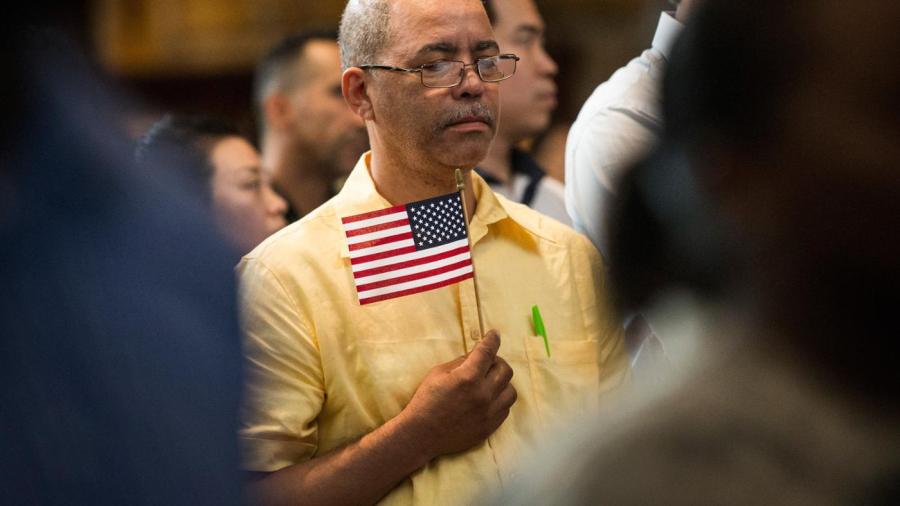What Were Unalienable Rights in the Declaration of Independence?

The Declaration of Independence states that man is endowed by his creator with certain inherent and inalienable rights, including the preservation of life, liberty and the pursuit of happiness. It also says that if the people have been denied these rights, they have the right to rebel against their government.
The Declaration goes on to list a series of grievances against the King of England. Among the many abuses listed, the King is charged with denying the colonists representation and due process of the law. He is accused of levying taxes without consent and of arbitrary enforcement of laws. He is accused of dissolving local governing bodies, obstructing justice, interfering with trade agreements, and keeping a standing army on American soil without consent of the colonists. While this list of abuses can easily be construed as a catalogue of inalienable rights, the Declaration itself does not provide an actual list. Such a list would later appear in the U.S. Constitution, which was not written until 1787, more than 10 years after the Declaration. The first 10 amendments to the Constitution, collectively known as the Bill of Rights, spell out many of the rights that are implicit in the Declaration’s list of grievances against the King.





